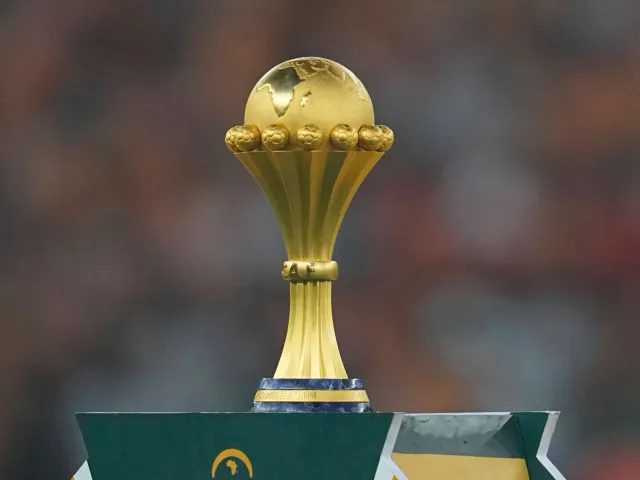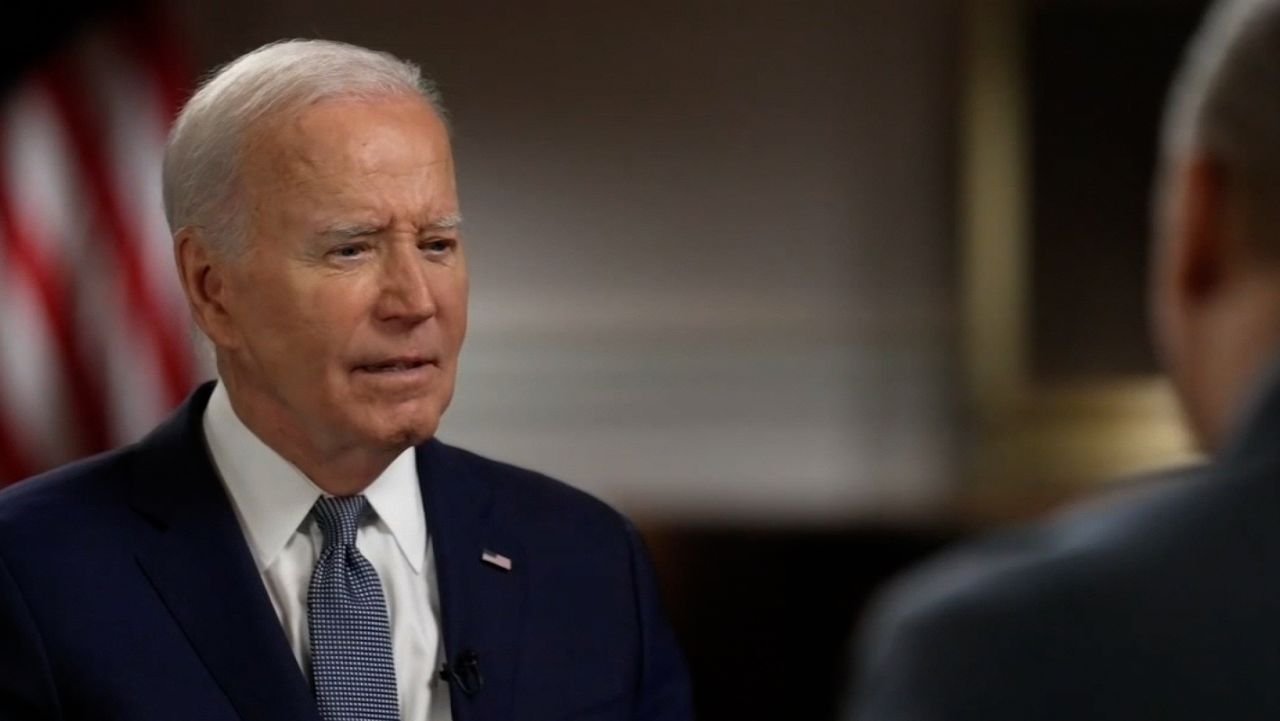Exploratory talks between the three parties hoping to form Germany’s next government resumed in Berlin on Monday, two weeks after the Social Democrats defeated Chancellor Angela Merkel’s conservatives in the country’s federal election.
Representatives of the Social Democrats (SPD), the Greens, and the business-friendly Free Democrats will continue to discuss areas of agreement and potential conflict.
The aim is the formation of a so-called “traffic-light” coalition, named for the colours used in Germany to represent the three parties, with the SPD’s Olaf Scholz as chancellor.
The FDP has been reiterating its fundamental positions ahead of the talks.
The director of the FDP’s parliamentary group, Marco Buschmann, told Der Spiegel the party’s “red lines” include tax increases and the softening of Germany’s balanced budget rules.
Nevertheless, he said he was optimistic about the chances of joining a government coalition with the SPD and the Greens, because while there are “areas of friction,” all three parties are eager to govern.
“So far, everything has been very serious and professional.
“It is clear to all the parties that this is about our country,” he said.
Meetings at various party levels have been scheduled for most of the week.
The talks are expected to take weeks, with the hope of forming a government before Christmas.
Read Also: Czech President Zeman in stable condition, doctors say
Meanwhile, Merkel’s centre-right Christian Democrats (CDU) were holding a series of meetings among the party’s inner circle.
Armin Laschet, the party’s leader and candidate for chancellor, presided over the CDU’s worst-ever federal election performance.
His political fate has been one of the major unresolved questions following the Sept. 26 poll.
Laschet said last week he had set aside any possibility of outmanoeuvring Scholz and forming a CDU-Greens-FDP coalition.
Now he must decide if he wants to try and hang on as party leader or step down.
Merkel, who has led Germany for 16 years, chose not to stand for a fifth term.






